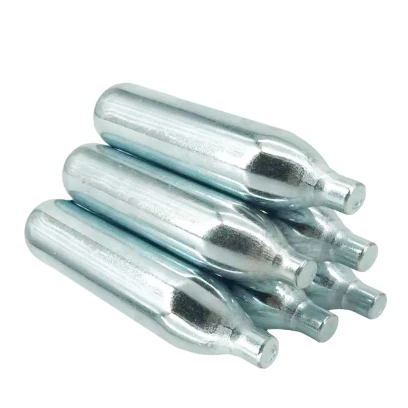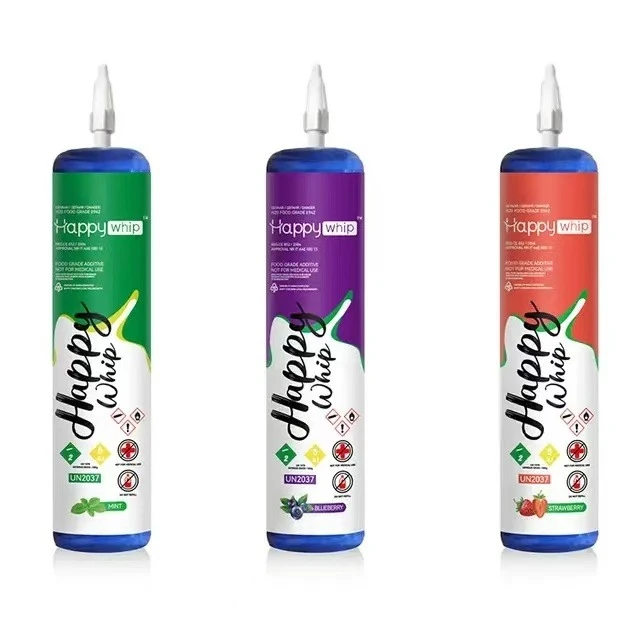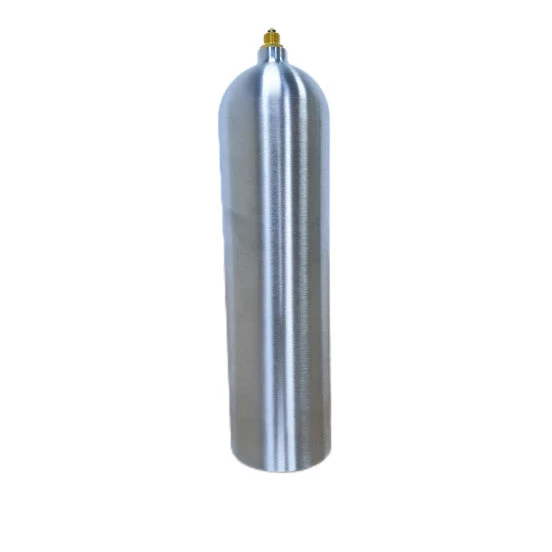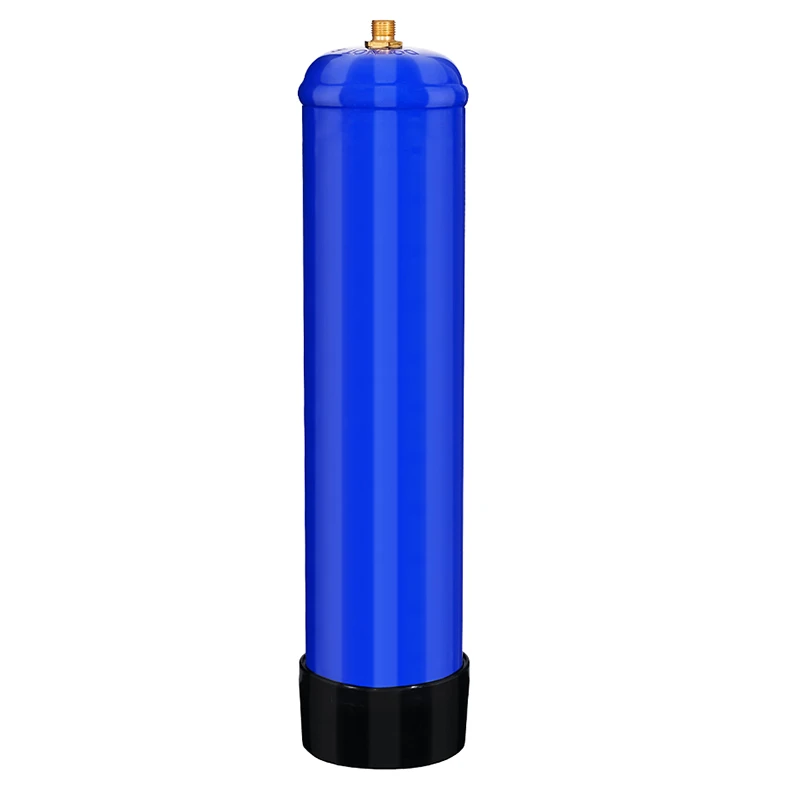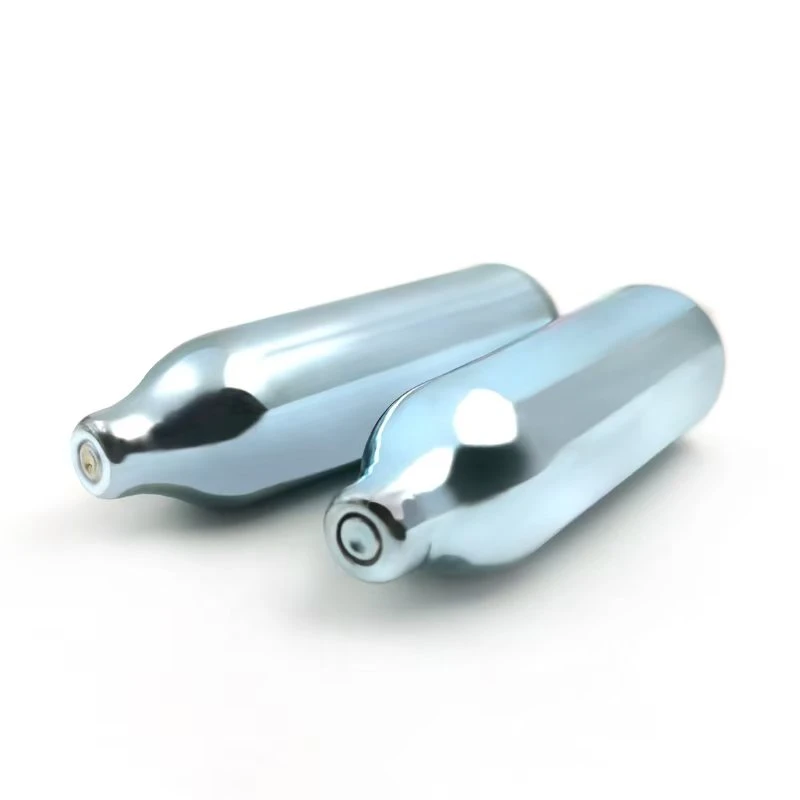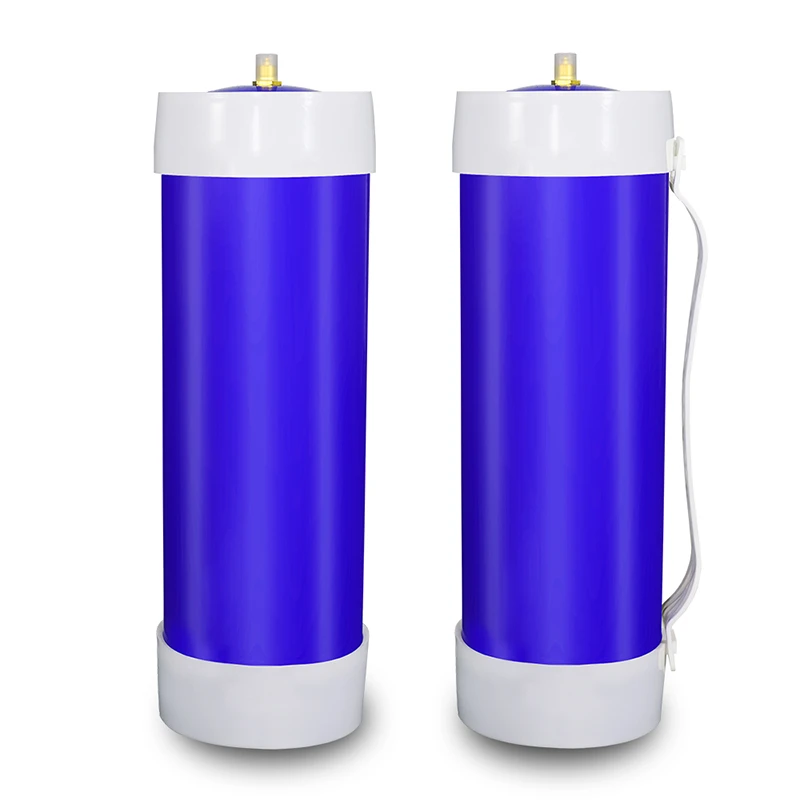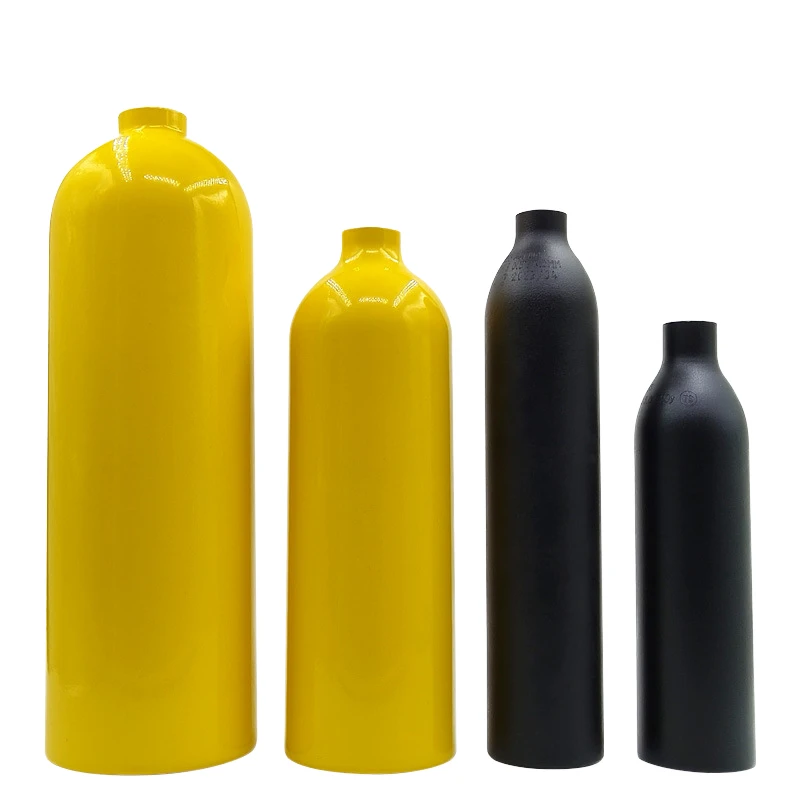
Choosing the Right Diving Oxygen Cylinder: A Practical Guide for Divers
For anyone passionate about exploring the underwater world, safety and preparation are everything. Among the essential gear that every serious diver should understand and maintain is the niršanas skābekļa balons. While many recreational divers are familiar with regular air tanks, oxygen cylinders play a crucial role in specific types of diving, particularly in technical, decompression, or emergency situations.
Whether you're considering purchasing a diving oxygen tank for personal use or simply want to understand the different options available, this guide walks you through key features, usage scenarios, safety considerations, and the diving oxygen cylinder price range you can expect.
What Is a Diving Oxygen Cylinder?
A niršanas skābekļa balons is a high-pressure vessel used to store pure oxygen (or a high-oxygen mix) for specific underwater activities. Unlike standard scuba tanks filled with compressed air (typically 21% oxygen and 79% nitrogen), oxygen cylinders contain either:
100% medical-grade oxygen (used in emergency or decompression settings)
Nitrox or Enriched Air (a blend with 22%–40% oxygen, used for longer no-decompression dives)
These cylinders are essential for technical divers, cave divers, or for use in emergency first aid kits aboard dive boats and dive centers.
When Is a Diving Oxygen Tank Used?
1. Decompression Diving
Technical divers often carry a diving oxygen tank with pure O₂ for accelerated decompression stops. Using 100% oxygen at shallow depths can drastically reduce nitrogen off-gassing time, making dives safer and shorter.
2. Nitrox Diving
Recreational divers trained in nitrox diving may use cylinders with 32–36% oxygen to extend their no-decompression limits and reduce fatigue after dives.
3. Oxygen First Aid
Pure oxygen from a niršanas skābekļa balons is used to treat divers with suspected decompression sickness (DCS) or air embolism until professional medical help is available.
Key Features of a Diving Oxygen Cylinder
If you plan to purchase a diving oxygen tank, understanding the technical specs is crucial. Here are the most important features to consider:
1. Materiāls
Aluminum Cylinders: Common in recreational diving, more buoyant in water.
Steel Cylinders: More compact and negatively buoyant even when empty, preferred by technical divers.
2. Size and Volume
The cylinder size you choose depends on its intended use:
6–7L (40 cu ft): Common for decompression oxygen
11L (80 cu ft): Popular for nitrox diving or emergency oxygen
Small cylinders (1–3L): Used for portable oxygen kits or short decompression stops
3. Working Pressure
Oxygen cylinders come in various pressure ratings:
200–207 bar (2900–3000 psi): Standard scuba-compatible cylinders
300 bar (4350 psi): High-pressure options used in specific systems
4. Valve Compatibility
Oxygen-cleaned valves: Required to handle pure oxygen safely
DIN or Yoke valves: Must match your regulator or be adapted with inserts
5. Oxygen Cleaning
This is critical. Any tank intended to carry oxygen over 40% must be “oxygen-cleaned” to remove hydrocarbons and contaminants that can ignite under pressure.
Diving Oxygen Cylinder Price Guide
One of the most common questions asked is: “What does a diving oxygen cylinder cost?” The diving oxygen cylinder price varies depending on size, brand, material, and whether it’s oxygen-cleaned.
Here’s a general pricing overview (in USD):
|
Cylinder Size |
Materiāls |
Oxygen Ready |
Average Price |
|
3L (20 cu ft) |
Aluminum |
Yes |
$150–$250 |
|
5L (40 cu ft) |
Aluminum |
Yes |
$200–$350 |
|
11L (80 cu ft) |
Aluminum |
Yes |
$280–$450 |
|
11L (80 cu ft) |
Steel |
Yes |
$400–$600 |
|
Oxygen Kit (Regulator + Mask + Cylinder) |
Mixed |
Yes |
$500–$900 |
Prices may vary depending on region, supplier, included accessories, and certification.
Safety Considerations
Working with oxygen at high concentrations comes with added risks. Here’s what every diver should remember:
Only use oxygen-compatible equipment (regulators, hoses, and valves must be oxygen-cleaned)
Never use oil or grease on O₂ equipment—flammable substances can ignite
Store away from heat and open flames
Keep cylinders upright and secured during transport
Get trained: If using oxygen for decompression or first aid, complete an appropriate oxygen provider course
Maintenance and Storage
Like all dive cylinders, diving oxygen tanks require periodic inspection:
Hydrostatic Testing: Every 5 years (check local regulations)
Visual Inspection: Annually or more frequently if in frequent use
Regulator Maintenance: Keep your oxygen regulator serviced and stored dry
Always store with some pressure in the tank to prevent contamination.
Diving Oxygen Cylinder FAQs
Q1: Can I use a regular scuba tank for oxygen?
A: No. Pure oxygen requires a tank and valve that have been specially cleaned and labeled for oxygen use. Using a standard tank poses serious fire and explosion risks.
Q2: How do I know if a tank is oxygen-cleaned?
A: It will have a sticker or tag marked “Oxygen Cleaned” and should come with cleaning documentation. Never assume—always confirm with the seller.
Q3: What size tank is best for decompression diving?
A: A 40 cu ft (5–6L) cylinder is often used for shallow deco stops with 100% oxygen. For longer dives, a larger tank may be necessary.
Q4: What’s the difference between an oxygen tank and a nitrox tank?
A: Both can use the same hardware, but nitrox typically contains 22%–40% oxygen. Any mix over 40% requires O₂-cleaned gear. Pure oxygen is used for decompression or medical aid.
Q5: Is medical oxygen the same as diving oxygen?
A: Chemically, yes. Both are nearly 100% pure oxygen. However, diving oxygen is delivered via equipment designed for underwater use and must meet additional handling safety standards.
-
What to Do When Whipping Cream Won’t Whip? Causes, Fixes, and the Key Secrets to Perfect Whipping!JaunumiJun.23,2025
-
Scuba Tank Price and OptionsJaunumiJun.19,2025
-
Scuba Diving Oxygen Cylinder Essentials for Safe Underwater AdventuresJaunumiJun.19,2025
-
Innovations in Diving Bottles Gear and Safety SolutionsJaunumiJun.19,2025
-
Exploring Scuba Tanks for SaleJaunumiJun.19,2025
-
Ethylene Gas Cylinders SafetyJaunumiJun.19,2025
-
Essential Dessert Making Tools for Perfect CreationsJaunumiJun.19,2025
Saistīts Produkti

